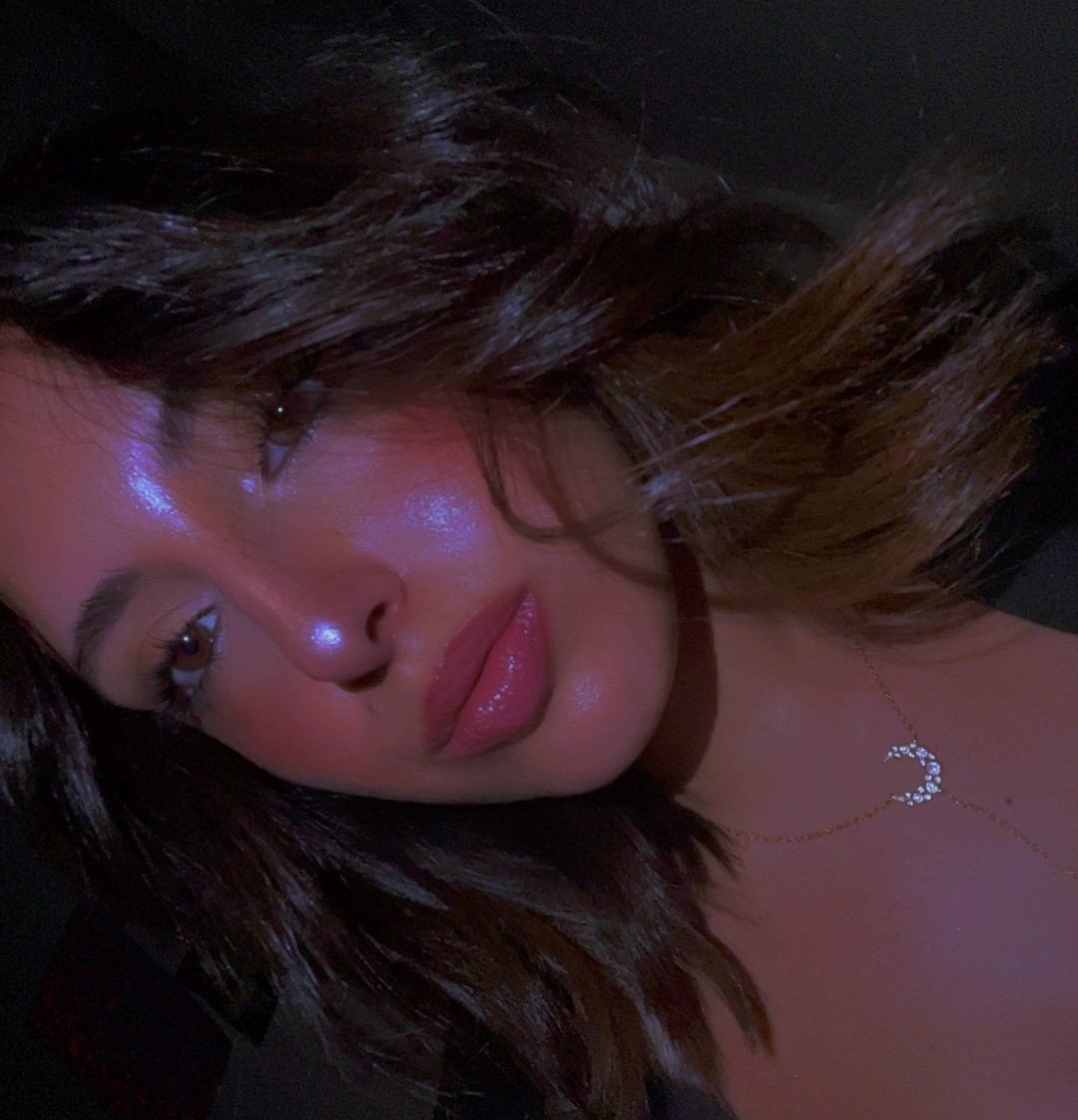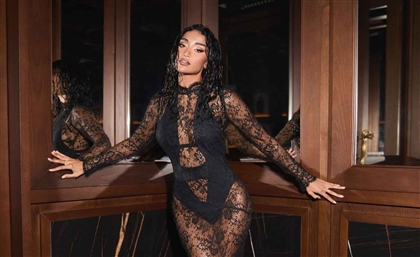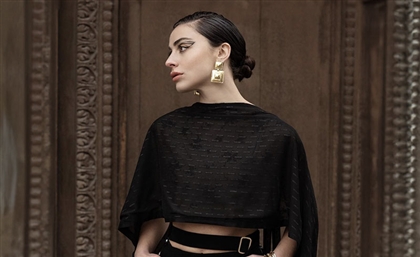Salaman Paris Derives Inspiration From Arab Familial Archives
Palestinian-Jordanian founder and creative director Mohammed Badri guides the brand's creative vision and storytelling from his multifaceted experience in visual arts.
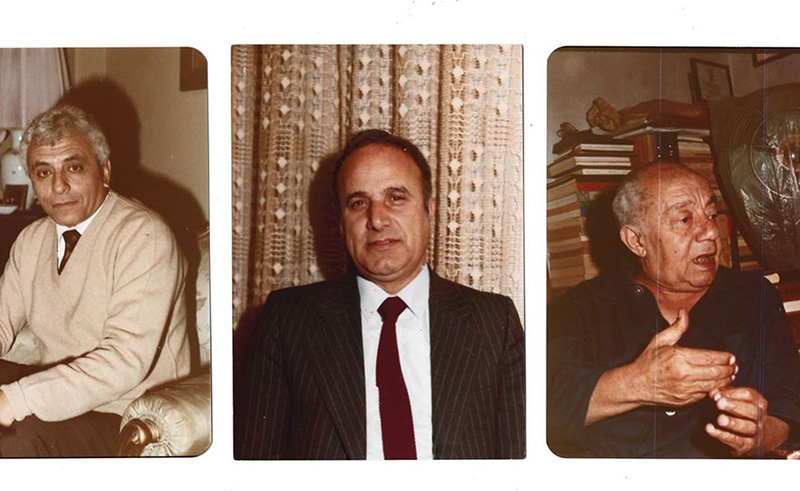
Though the name Salaman Paris whispers of the French capital, the Paris-based ready-to-wear brand transcends its moniker, merging Arab cultures and beyond. “What we’re doing is elegance inspired by the world,” Mohammed Badri, the Palestinian-Jordanian founder and creative director, tells Scene Styled. “We’re focused on taking different inspirations from different histories, and we’re trying to be inspired by our region as much as possible.”
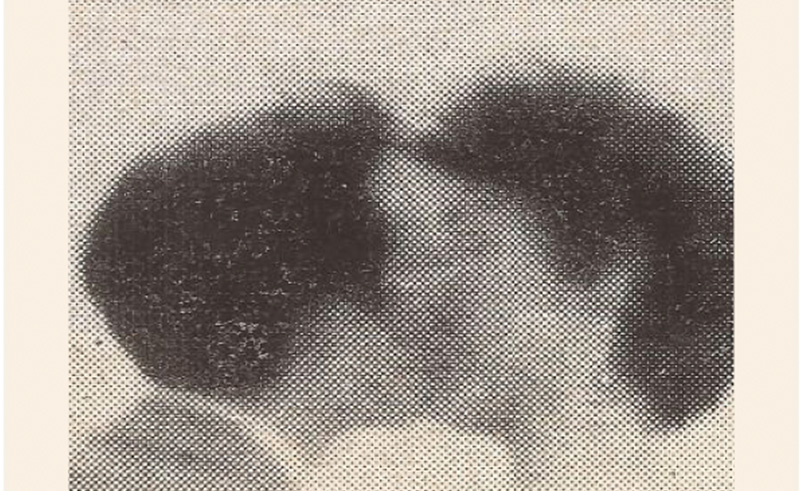
Salaman Paris achieves this by assembling a well-rounded, all-Arab team comprising Egyptians, Jordanians, Palestinians, Moroccans, and more. “We’re not outsiders or guests—our team is the heart of the Middle East, and that makes it special,” Badri emphasises. “Our heritage is our source of pride, and we're relentlessly inspired by our region, infusing that essence into everything we create.”
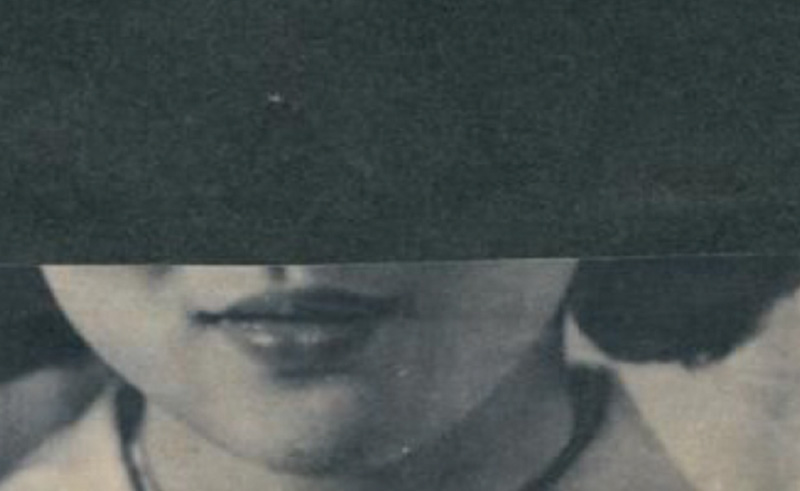
Whilst culturally inspired, Salaman Paris avoids a one-dimensional approach in their designs. “We hold our heritage in high regard and honour," Badri explains, "but our aim isn't to exploit or trade it. Our culture isn’t for sale.” This ethos is rooted in Badri’s childhood experiences. Reflecting on his upbringing, he recalls, "Growing up surrounded by Western media and influences, I clung to any scrap of Arab culture I could find. When you’re young, you hold onto anything that connects you to your roots, any sliver of culture, no matter how small or insignificant, which is quite…sad.”
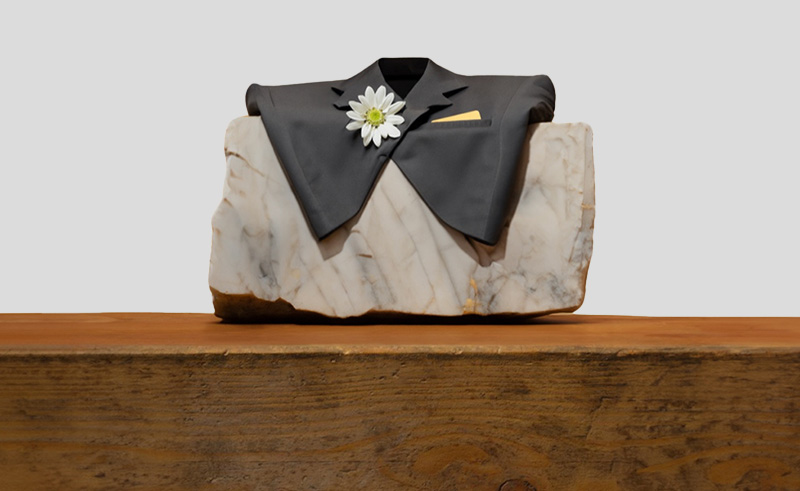
“I come from a family with a long heritage, a line of Palestinians who moved to Lebanon and Jordan. Being a third-generation Palestinian, I couldn’t forget my Palestinian roots despite growing up in and loving Jordan,” Badri shares, noting that Salaman Paris’ origins stem from his family’s memories. “I was flicking through old family pictures and was really influenced by the style back then. I loved how elegant they were—especially the men—and I envisioned translating this timeless aesthetic into a modern concept.”
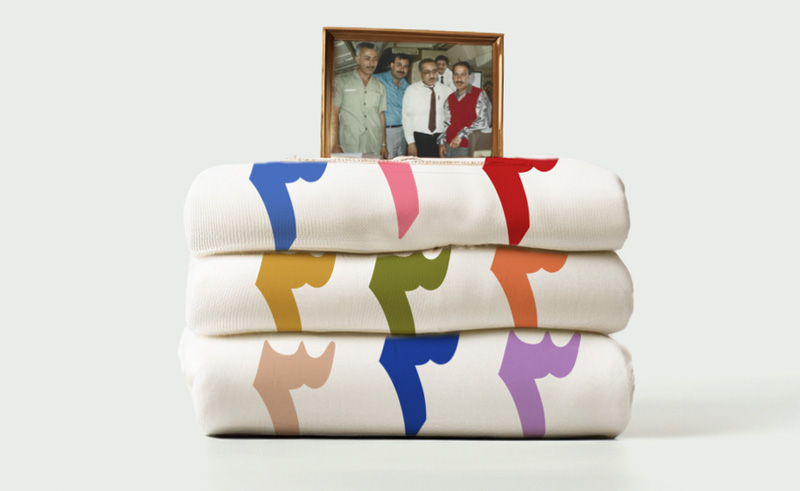
But for Badri, Salaman Paris is not just about designing pieces inspired by the past and nostalgia; it’s about creating quality pieces with an enduring sense of class and elegance. “I don’t want to be fixated on the old frame. It’s all about elegance, in a new way. Art, in a new way.” Elegance is a core part of the brand, as Badri reiterates. “Arabs are the most elegant people in the world.” Having attended university abroad in London, Badri observed, “We don’t lack anything as Arabs, and we can compete head-to-head with the industry standard. As Arab designers, we can compete with big names or multi-million dollar brands around the world.”

Badri also places ample focus on experimenting with different mediums as a means to extend his brand’s repertoire. “Salaman Paris is more than a clothing label. We want to make art. For a long time, I believed you couldn’t mix fashion and art—that they’re separate entities. But now, I’m challenging myself to believe something I never did before.”
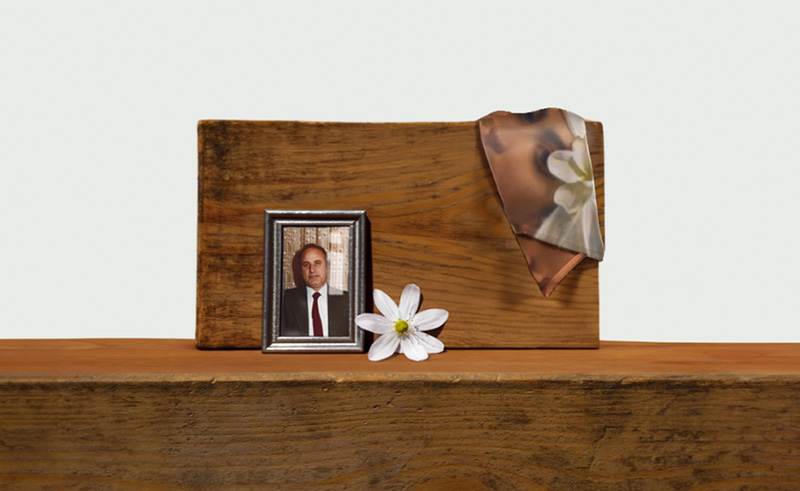
Part of their experimentation process involves introducing new fabrics and playing with different textures. “We’ve just introduced a new fabric lab, where we’re not trying to follow the Italian fabric standard or the Chinese silk standard; we’re creating our own Middle Eastern standard.” The brand focuses on doing things their way, sticking to their true ethos and values. “We’re trying to make something of our own. We’re not trying to be trendy, and we don’t even want hype in that way—we want to keep it exclusive, timeless, elegant, classy.”
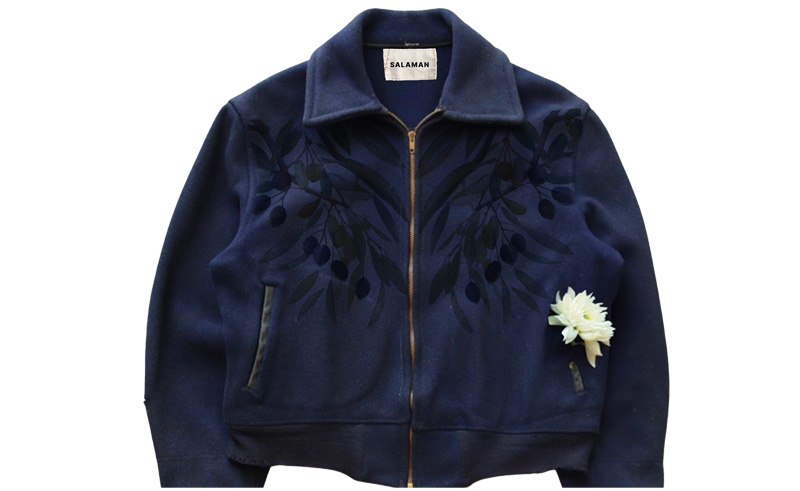
Salaman Paris cultivates a spiritual connection to its brand by weaving personal narratives into the fabric of their garments. The team delves into their own familial archives as part of their research, “Our pieces are not for a certain race, culture, or tradition. I want a piece that can be sold in Dubai, and I also want that piece to be sold in New York—without seeing a difference. That’s the true meaning of timeless and international for us, and we want to go bigger.”
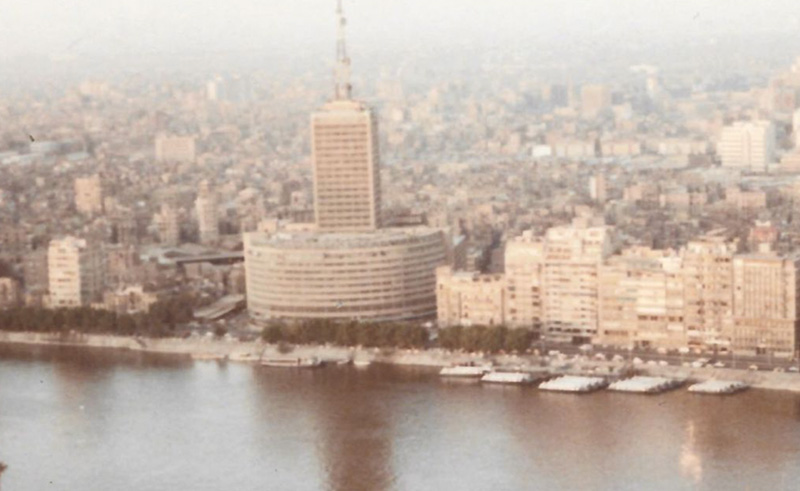
These personal stories and cultural touchstones transform the design and production process into a deeply resonant, character-filled experience. Their first collection, the Flower Collection, embodies their core philosophy of storytelling through garments. “Our focus is on crafting pieces that speak volumes without resorting to convoluted narratives or abstruse symbolism. Sophistication, for us, arises from the garment itself, not from an abstract concept,” Badri explains, shunning the trend of over-complex ideas. Their motto is: simple ideas, taking bigger shape. “We want to blow minds with our fashion, not with an idea.”
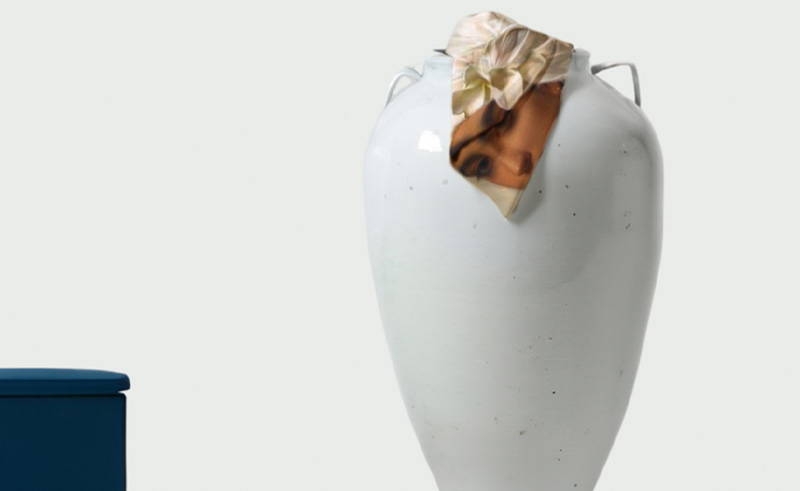
“A piece from the Flower Collection that’s special to me is the yellow jacket because it’s inspired by my mother—which we figuratively took out of her closet,” Badri reveals. Dyed with flower pigmentation, the jacket is one of those pieces that checks off the founder’s criteria in terms of quality, timelessness, and elegance. “My mother is actually a main source of inspiration for many of our designs.”
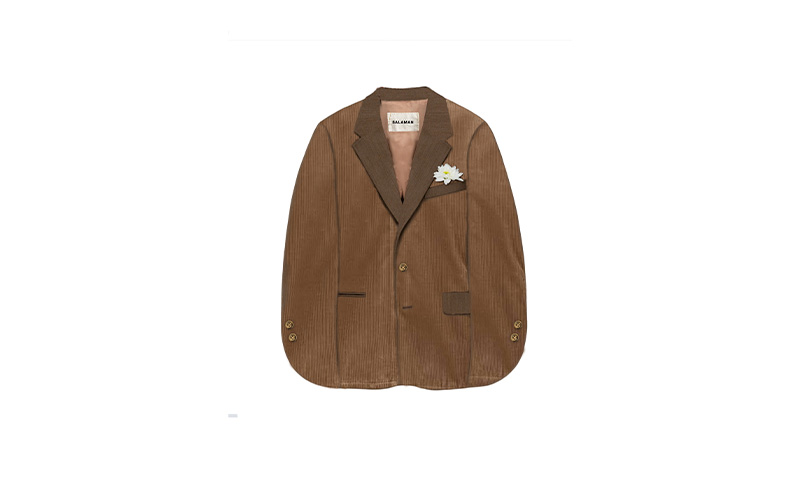
Their next collection will be unveiled at Men’s Paris Fashion Week in June. What’s next for Salaman Paris? Badri keeps his plans tightly under wraps, but with a Hercules-inspired statue and exclusive garments on the way, we’re eagerly watching—and maybe you should too.
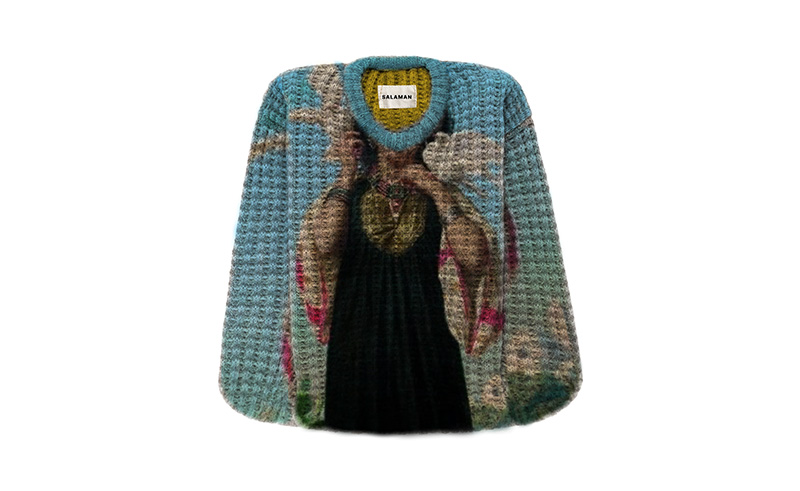
“I want Salaman to be a bigger dream for the Middle East.”
- Previous Article Rebel With a Cause: The 22-Year Old Taking On Egypt’s Streetwear Scene
- Next Article Monochrome Monday: The Electric Blue Edition

